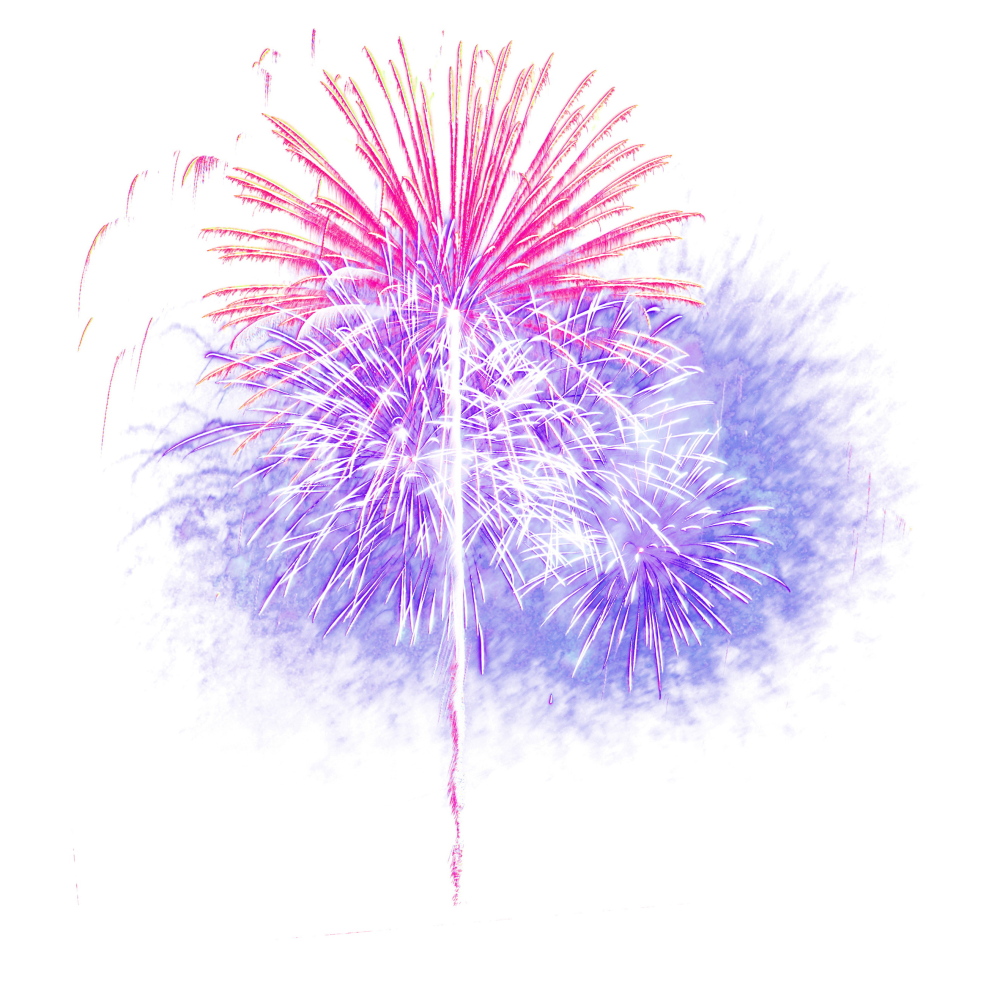At the risk of being a total killjoy, last year while watching the fireworks display from the Eastern Promenade in Portland, I found myself wondering about the impact of the noise on animals. What spurred this line of thought was the many petrified dogs I saw whose owners, to be frank, seemed clueless about their pets’ obvious anxiety. If that’s how man’s best friends feel, how are wild birds, say, affected by fireworks? I called Maine Audubon to ask. No surprise, birds don’t like the annual display as much as you and I do.
“A great example is with our piping plovers,” said Maine Audubon staff naturalist Doug Hitchcox. “They are nesting along beaches and restricted areas. They can be scared off nests. You know piping plovers are an endangered species and that’s why it’s a big deal. And the 4th of July is right at the most crucial part of the breeding season for many species, especially piping plovers. It’s just been the last week or two weeks when they start hatching out. This is when the chicks are most vulnerable, and they shouldn’t have the parents driven away.”
Laura Minich Zitske, a wildlife biologist who manages the Piping Plover and Least Tern project for Maine Audubon, echoed that, adding that her chief worry is not the organized displays that occur in towns across the state, which “are a specific amount of time at a specific place.” What concerns her, she said, are the individuals who set off individual fireworks. “They go on all night – and nights – long. They are all over the beach. They are very unpredictable,” she said, adding that her colleague who works on loons says that those birds face similar threats on lakes. (By Maine law, which took effect in 2012, consumer fireworks can be set off on July 4 between 9 a.m. and 12:30 a.m. the next day. Some municipalities have their own regulations.)
Back to the plovers, a bird that isn’t keen on humans near its nest even in the best of times. “We had one case on Hills Beach (in York County) in 2011,” Minich Zitske said (predating the legalization of consumer fireworks). “There were a lot of consumer fireworks, and it just so happened that there was a plover nest that was hatching that night. We got very frantic phone calls from residents of the beach the next morning. When we came and checked on the birds, there were no adults anywhere in sight. They were two dead chicks still in their egg cups and two birds just hatching. It was very sad. We did bring the chicks into our staff rehabilitator. One of the chicks died. The other one we did release, but there is no way you can really mimic the life that chicks learn on the beach. Our rehabilitator makes us feel better, but that chick was almost certainly not going to survive when it has to migrate all the way down to the Bahamas. We attached one band to it and every year I look for it, but I’ve never seen it.”
As for your pet dog, veterinarian Alden Chadbourne of the Brackett Street Veterinary Clinic in Portland said chances are he will be happier at home on July 4. “A lot of dogs are really scared of the unexpected booming and banging,” she said. If you take your dog to the show, and he’s crouching, panting, yawning, avoiding eye contact, flattening his ears, barking a lot, or even snuggling up to you, he’s trying to tell you that he’s afraid. She sighed: “It’s that time of year. We see a lot of really stressed-out dogs, that’s for sure. Fireworks and thunderstorms.”
Send questions/comments to the editors.




Comments are no longer available on this story